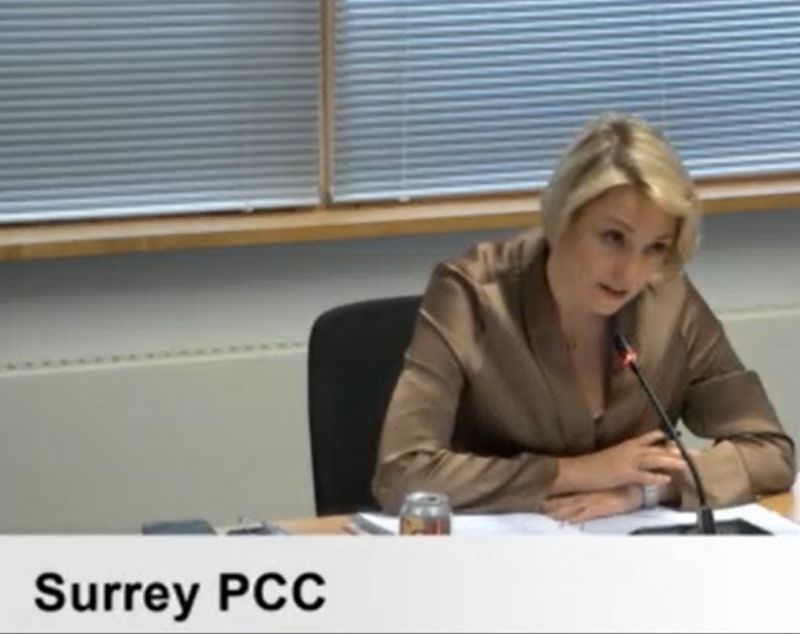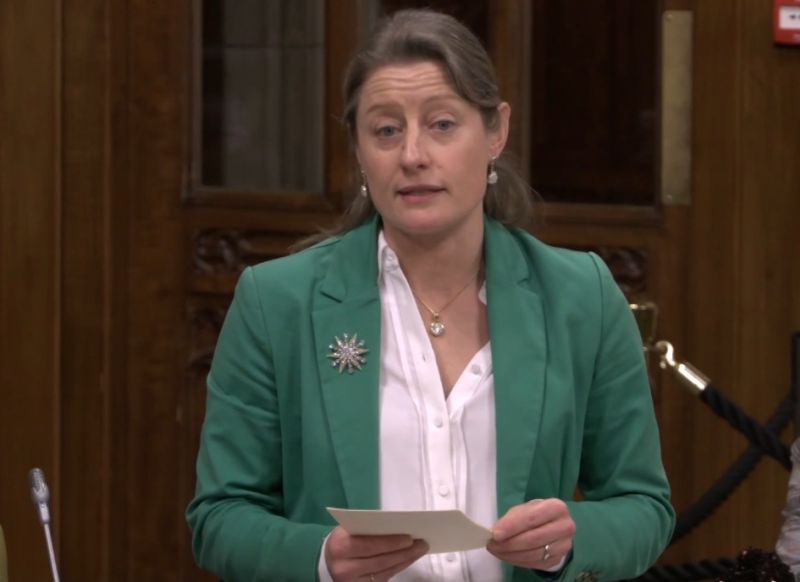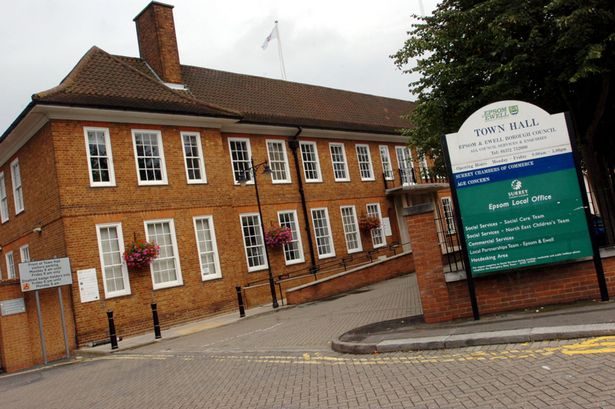Enforcing planning enforcement in Epsom and Ewell
In a comprehensive analysis of the Epsom & Ewell Borough Council‘s planning enforcement procedures, a recent audit report titled “EPSOM & EWELL BOROUGH COUNCIL INTERNAL AUDIT PROGRESS REPORT 2023-24,” conducted by the Southern Internal Audit Partnership in February 2024, has brought to light a litany of deficiencies and failures. These findings, detailed in a thorough examination of the council’s practices, underscore significant shortcomings in record-keeping, response times to complaints, and the enforcement of regulatory measures.
Central to the audit’s findings is the examination of the administration of planning enforcement, a critical function entrusted with ensuring the adherence of development activities to established regulatory frameworks. Despite assertions by the council regarding the existence of a comprehensive Local Enforcement Plan, purportedly designed to outline clear guidelines and timelines for enforcement actions, the reality paints a starkly contrasting picture upon closer scrutiny.
“Testing of a sample of cases revealed a disconcerting trend of non-compliance with stipulated timelines,” the report notes. Contrary to the Local Enforcement Plan’s mandate of acknowledging receipt of planning enforcement complaints within five working days, numerous instances were found where this requirement was not met, resulting in prolonged delays and a lack of clarity for complainants.
Moreover, deficiencies in the triage process, a critical step in determining the priority level of enforcement cases, were exposed. Despite the plan’s directive to assign priority levels ranging from one to three, the absence of mechanisms within the council’s system to accurately record these priorities severely hampered monitoring efforts. As a result, the council’s ability to effectively manage and expedite enforcement actions was compromised, leading to further delays and inefficiencies.
“Key documentation associated with enforcement actions was found to be missing altogether,” the audit report reveals, casting serious doubts on the thoroughness of investigations and the efficacy of enforcement measures. In several instances where enforcement notices were issued, no evidence of follow-up actions to ensure compliance was found, directly contravening statutory requirements under the Town and Country Planning Act 1990.
The repercussions of these systemic failures extend beyond procedural lapses to tangible impacts on the community and the council’s reputation. So heard a meeting of the Council’s Audit and Scrutiny Committee Thursday 28th March. Councillor Jan Mason (RA Ruxley), drawing from her extensive experience in planning, expressed profound dismay at the council’s failure to uphold its responsibilities in enforcing planning regulations. “I am totally surprised that we haven’t dealt with this in a more timely fashion,” she remarked. “This reflects poorly on our council, and I am deeply concerned about the potential consequences of unchecked development activities.”
Echoing these sentiments, Councillor James Lawrence (LibDem College) highlighted the significance of planning enforcement to residents, citing recurring issues and delays in addressing enforcement matters. “For many residents, planning enforcement is a top priority,” he emphasized. “The council’s failure to act swiftly in response to complaints undermines public confidence and raises serious questions about its commitment to upholding regulatory standards.”
In response to queries raised by councillors, council officers sought to clarify the circumstances surrounding the appointment of a permanent Enforcement Officer. While acknowledging the existence of temporary officers in the past, they emphasized the recent transition to a permanent role as a step towards addressing staffing concerns within the planning department.




















